Protect Your Home & Finances From Natural Disasters
Don’t let the effects of a natural disaster put you in a bind. Use these tips to help protect your household and wallet.
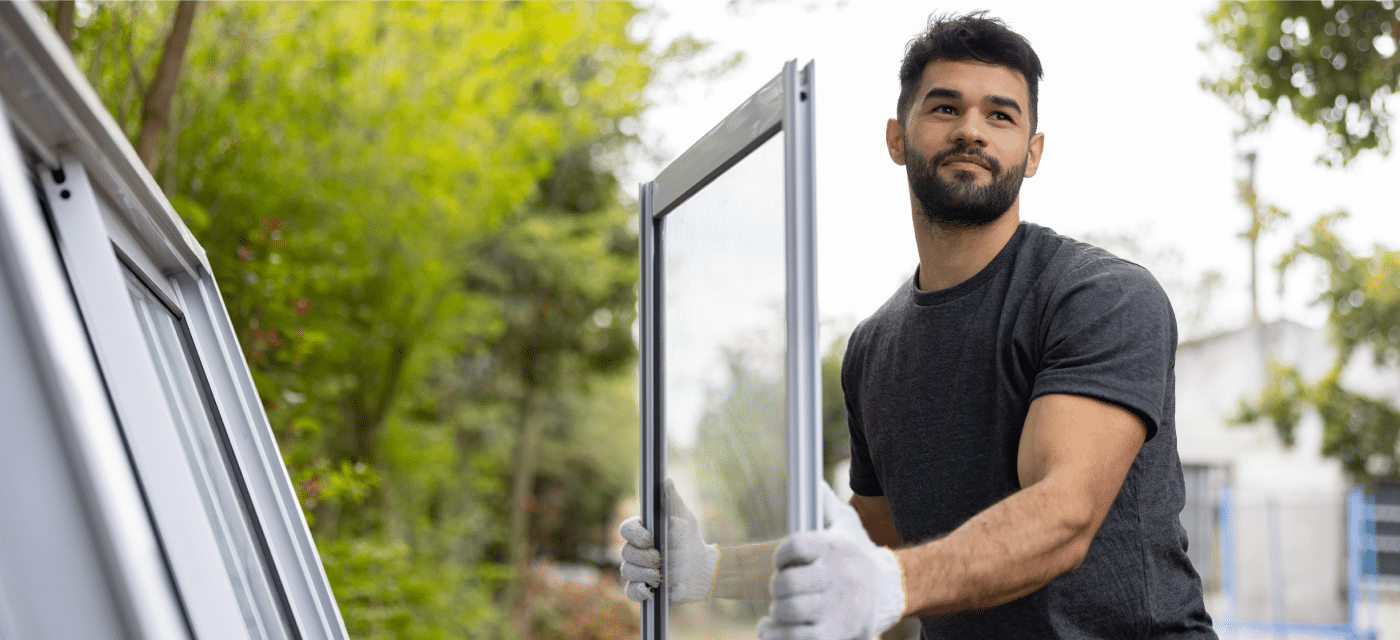
Extreme weather and natural disasters can cause extensive damage to homes and your finances if you’re not prepared. According to the Insurance Information Institute, insured losses due to natural disasters totaled over $98 billion in 2022. While these events are unpredictable, the last thing you want to be is unprepared.
Here are some simple things you can do to protect your home and finances in the event of a natural disaster.
Prepare In Advance
Emergency Funds
Natural disasters affect each household differently. Depending on what you encounter, you may be looking at extended hotel stays, replacing vehicles and furniture, or even finding a new job. Prepare by building an emergency fund with the recommended three to six months’ worth of expenses at minimum; put money aside today and continue to do so with every paycheck. This will create a financial buffer to keep you afloat without having to rely on credit cards or high-interest loans.
Disasters can often mean power outages, which may result in ATMs and credit card machines not working. Keep some cash on hand so you’re able to pay for what you need in these situations.
Collect & Safeguard Personal Documents
Whether you’re preparing for an emergency or not, it’s always a good idea to organize and back up vital documents. Start by collecting critical financial, medical, and legal documents and think about securing original copies in a safe location – like a safe deposit box or fire and waterproof safe. If evacuation is a possibility, you may want original copies on hand and easily accessible in case you have to leave in a hurry.
Check out the Federal Emergency Management Agency (FEMA) for recommendations on gathering and storing critical documents.
Add To Your Homeowners Insurance Policy
Review your current homeowners insurance policy. If you have a standard policy, you’ll discover there are certain situations that aren’t covered – like damage from earthquakes and floods – as well as limits to what they’ll cover in others. From tornadoes, cold weather or snow damage, floods, earthquakes, and hurricanes, there’s a lot to take into consideration.
The good news is insurance companies sell specialized policies for natural disasters. Getting the right coverage – whether you own or rent – can be critical to successfully coming out the other side of a natural disaster. Take the time to reach out to your agent or go online to find out about available options.
Consider Comprehensive Coverage For Your Vehicle
Comprehensive auto coverage will cover damage caused by a natural disaster – including hurricanes, tornadoes, hailstorms, earthquakes, flooding, wildfires, etc. It’ll pay up to your policy’s maximum or your vehicle’s value minus your deductible, protecting you from major out-of-pocket repairs.
If you’re unsure of the type of coverage you have, reach out to your agent and make any necessary changes if needed.


Insurance & Protection
Protect your home and what’s inside by taking advantage of our TruStage® Home Insurance Program and get exclusive A+FCU savings and personalized service.
Home Maintenance & Upgrades
When’s the last time you did a little maintenance to the outside of your home? Minimize the damage a natural disaster can cause by inspecting or installing some upgrades.
Start by getting your roof checked. Hire a professional to come out, inspect for loose or damaged shingles, and check the metal flashing around openings on roof valleys for leaks. Declutter drains and gutters; it’s also good to trim any trees, shrubs, and dead limbs. Toughen your exterior with storm shutters and a wind-resistant garage door. When a storm is coming, secure or bring in loose items – such as, outside furniture, potted plants, umbrellas, grills, or even trailers.
Prepare To Shelter-In-Place
Whether you think you’ll need to shelter-in-place or not, be prepared! Stock your pantry and closets with anything you might need. Stash canned food items and other non-perishable food just in case you’re not able to get to a supermarket. In the event you lose electricity, keep a battery-operated radio, multiple flashlights, along with brand new packages of live batteries for both. If you don’t have one already, invest in a portable cell phone charger; having a fully charged cell phone can connect you to life-saving assistance and real-time resources.
Summary
During extreme weather and natural disasters, the most important thing to remember is to be safe. Planning in advance and staying informed can not only play a big part in your and your family’s safety but also in reducing the damaging effects on your home and finances.
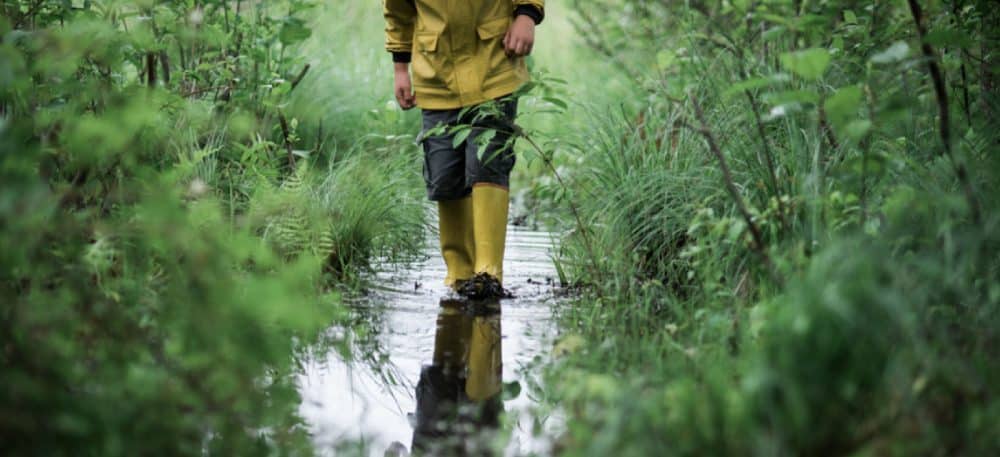

Steps To Take After A Natural Disaster
The after math of a hurricane can be financially devastating. Check out these 4 steps you can take to prepare your finances that’ll make moving forward a little easier.
Related Articles
Paper Checks Eliminated – Why Government Check Recipients Need To Act Now
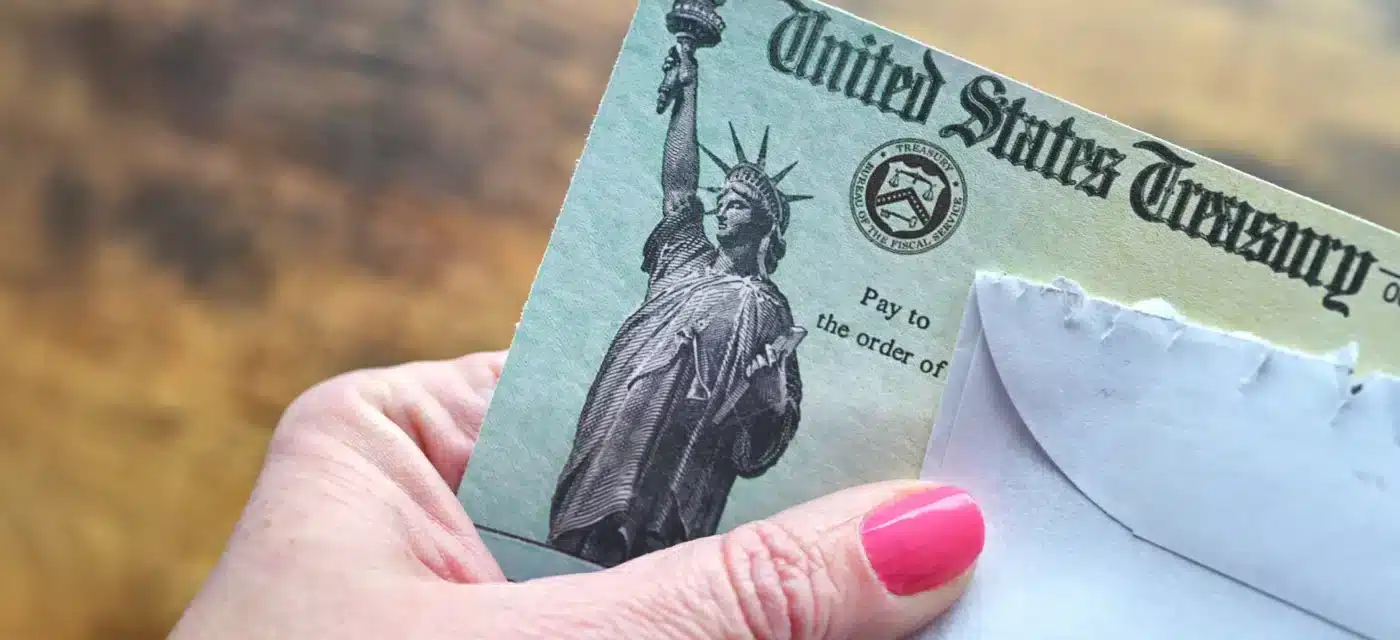
The federal government will soon eliminate paper checks for most federal payments. If you’re impacted, act now for a seamless transition.
4 Financial Steps To Take After A Natural Disaster
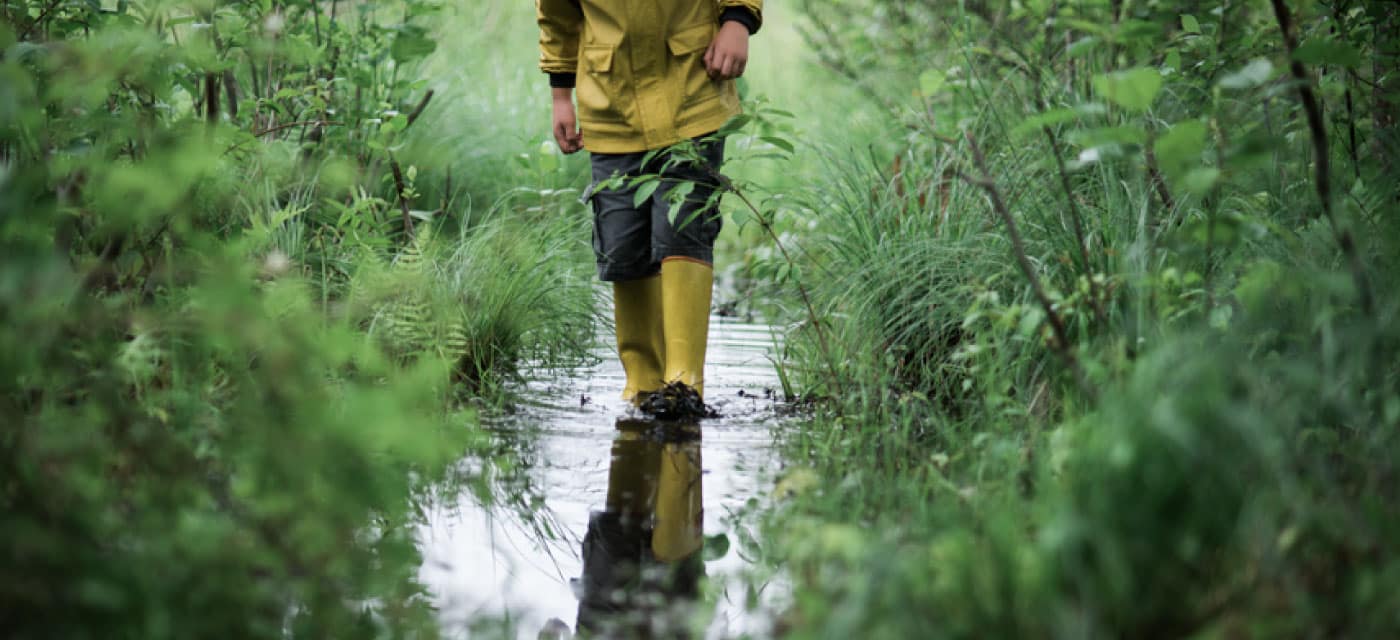
As your credit union, we’re always here to help if you need assistance. Here are four financial steps to take after a natural disaster.
How Long Should I Keep My Bank Statements and Financial Documents?
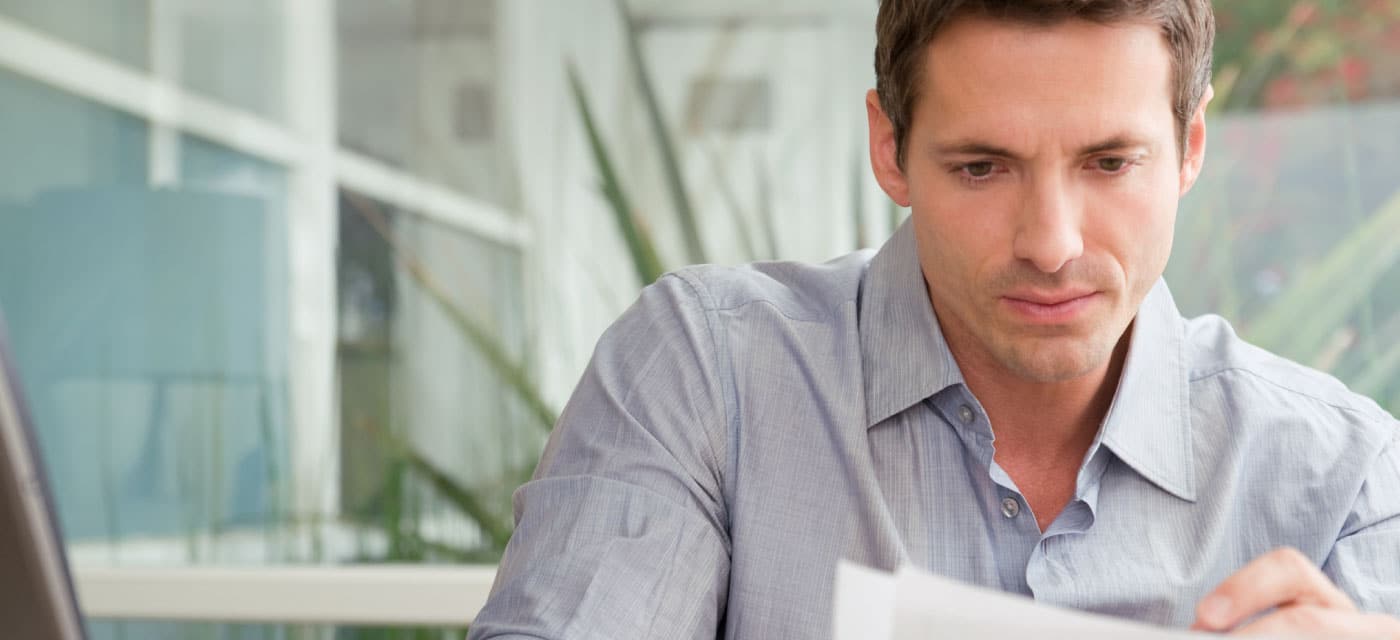
Determining whether to keep or shred bank statements and financial documents can be confusing – use our simple guide to get started.
